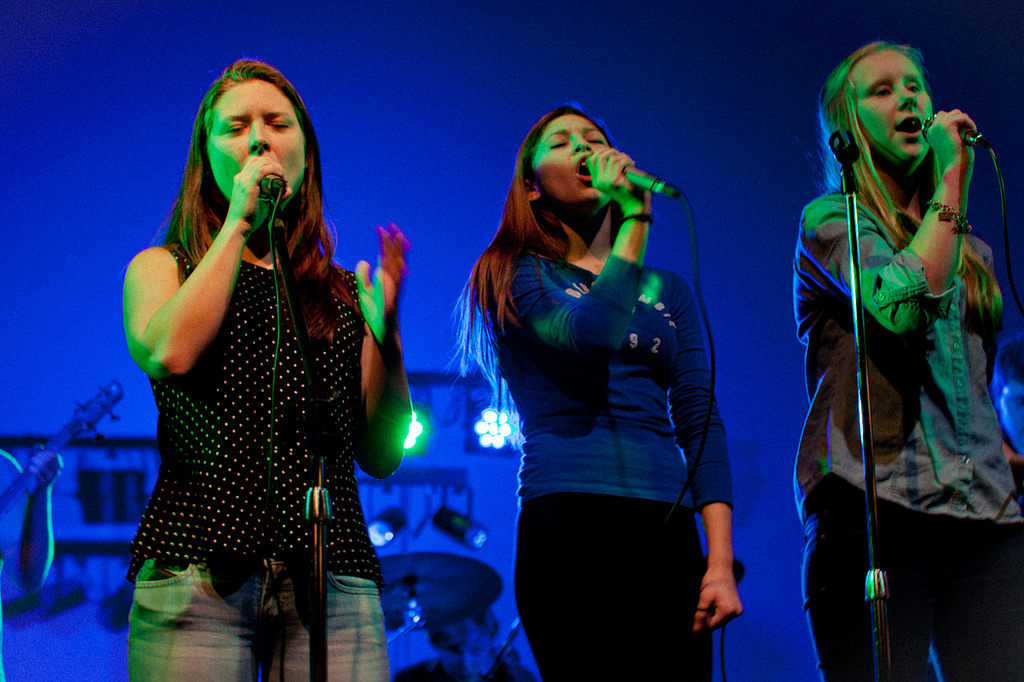Religious leaders and institutions have taken part in efforts to address important social issues throughout American history, from slavery to civil rights to today’s advocacy in areas such as reducing poverty.
 But Americans appear to be growing more skeptical of how much of a difference churches and other houses of worship make in tackling social concerns. A majority of U.S. adults still say religious institutions contribute either “a great deal” (19%) or “some” (38%) to solving important social problems. But the combined figure of 58% has fallen significantly in recent years, according to a new Pew Research Center survey. About four-in-ten Americans (39%) now say religious institutions make little to no contribution in this area.
But Americans appear to be growing more skeptical of how much of a difference churches and other houses of worship make in tackling social concerns. A majority of U.S. adults still say religious institutions contribute either “a great deal” (19%) or “some” (38%) to solving important social problems. But the combined figure of 58% has fallen significantly in recent years, according to a new Pew Research Center survey. About four-in-ten Americans (39%) now say religious institutions make little to no contribution in this area.
When the same question was asked in July 2012, roughly two-thirds of respondents (65%) said churches and other houses of worship played at least some role in solving society’s dilemmas. Four years before that, in August 2008, fully three-quarters of Americans (75%) said religious institutions contributed “a great deal” or “some” in this way. […]
Among white evangelical Protestants, for instance, seven-in-ten now say religious institutions contribute “a great deal” or “some” to solving important social problems, down 16 percentage points from 2008. And among white Catholics, 61% take this view, down 18 points over this eight-year span.

